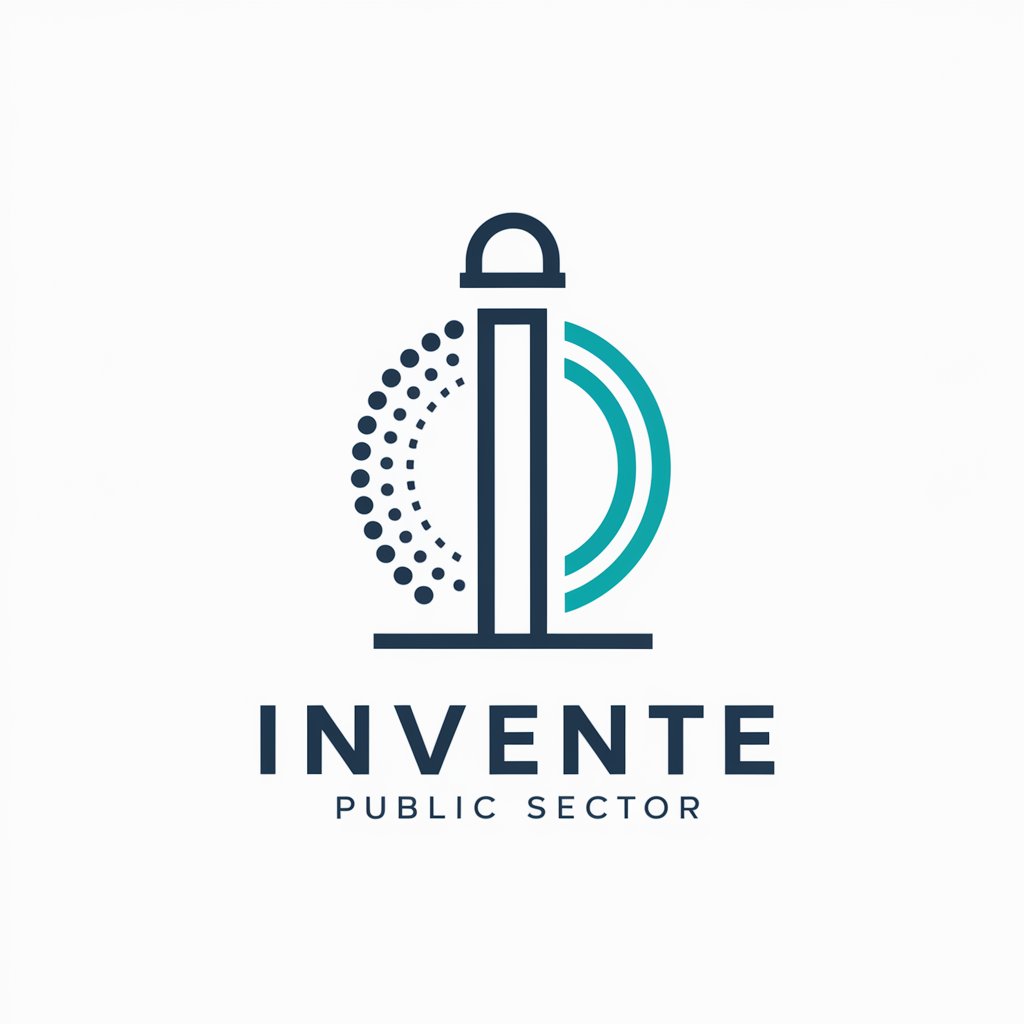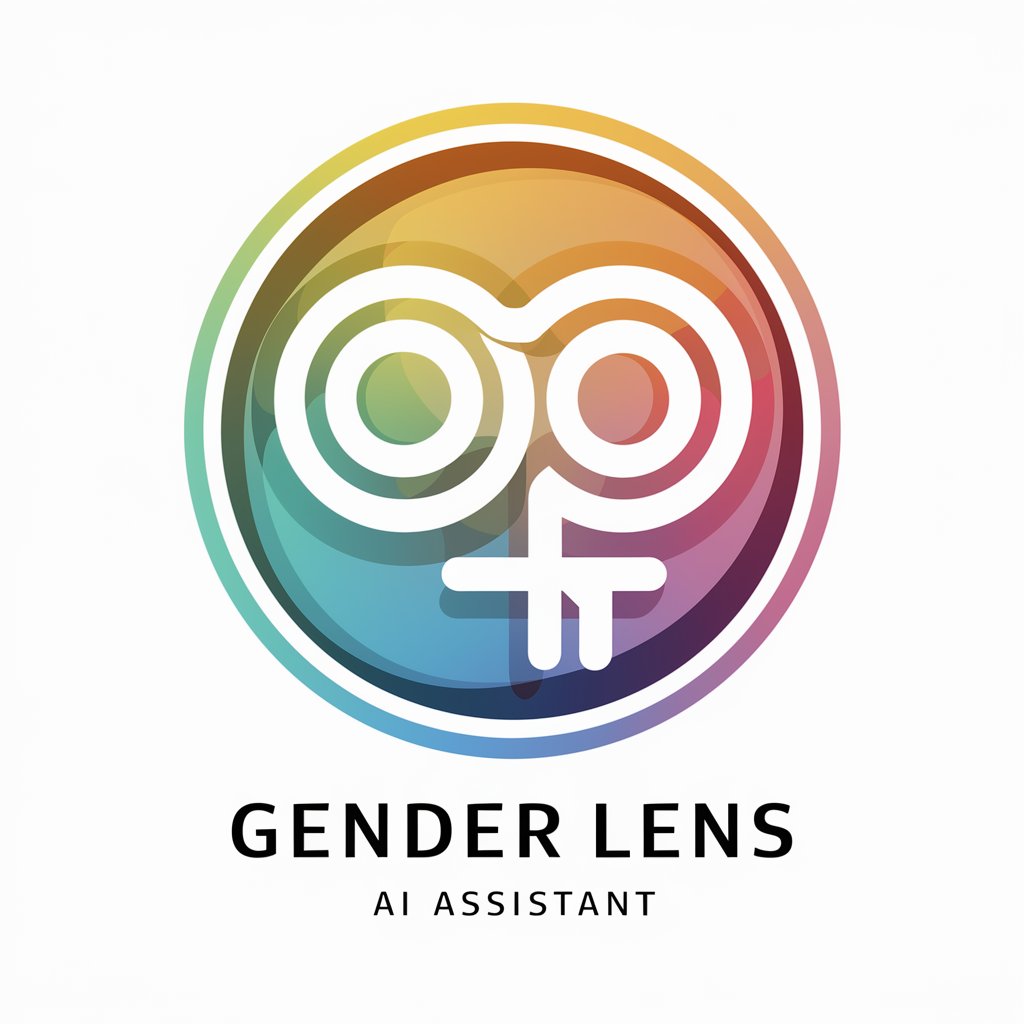
AI 질적연구: 제도적 문화기술지(Institutional ethnography) 분석 - In-depth Institutional Analysis

Unveiling the Invisible: AI-powered Institutional Insights
질적연구가 무엇입니까?
제도적 문화기술지를 설명해 주세요.
(파일등록) 제도적 문화기술지의 일 조직화 분석을 해 주세요.
(파일등록) 제도적 문화기술지의 텍스트 분석을 해 주세요.
Get Embed Code
AI 질적연구: 제도적 문화기술지(Institutional ethnography) 분석
Designed to serve researchers conducting qualitative research, AI 질적연구: 제도적 문화기술지 focuses on analyzing and providing advice on institutional ethnography. This tool prioritizes content from uploaded files and complements it with web-shared information. It leverages institutional ethnography's research tools and processes described in the files to analyze data provided by researchers. An example scenario includes analyzing educational reforms through the everyday experiences of teachers, interpreting how policies manifest in classroom practices and affect teacher-student interactions. Powered by ChatGPT-4o。

Main Functions
Analyzing Qualitative Data
Example
Analyzing textual data from interviews or observations to uncover how institutional logics manifest in everyday practices.
Scenario
A researcher studying healthcare policy impacts on nurses' daily routines provides interview transcripts. The AI helps identify how policy changes shape nurse-patient interactions.
Providing Institutional Ethnography Insights
Example
Offering insights into the organization of social relations within institutions.
Scenario
In a study on academic practices, the AI aids in exploring how university policies influence faculty research activities, focusing on the connection between administrative texts and research priorities.
Mapping Social Relations
Example
Utilizing institutional ethnography's tools to map the complex social relations and processes within institutions.
Scenario
A project examining social welfare practices uses the AI to map out the interactions between social workers, clients, and regulatory texts, revealing the coordination and control mechanisms at play.
Ideal Users
Social Scientists
Researchers and academics in sociology, anthropology, and related fields seeking to analyze and understand the intricate web of social relations and institutional structures.
Policy Analysts
Professionals examining how policies are interpreted and implemented within institutions, affecting stakeholder experiences and outcomes.
Educational Researchers
Scholars exploring the impact of educational policies and practices on teachers and students, aiming to understand the lived experiences within educational institutions.

Guidelines for Using AI 질적연구: 제도적 문화기술지
Start Your Journey
Begin your exploration by visiting yeschat.ai to access a complimentary trial without the need for logging in or subscribing to ChatGPT Plus.
Identify Your Research Focus
Determine the specific aspect of institutional ethnography you wish to investigate, considering its complex interplay between individuals' everyday actions and institutional structures.
Gather and Analyze Data
Collect qualitative data through interviews, observations, and document analysis, paying close attention to the experiences of disjuncture and the role of texts in organizing social relations.
Engage with Texts
Analyze texts not just as documents but as active agents that organize and coordinate social actions within institutional contexts.
Synthesize and Map Findings
Integrate your findings to reveal how individual actions are institutionally coordinated, using mapping techniques to visualize the complex relations and structures uncovered.
Try other advanced and practical GPTs
INVENTE
Empowering public sector knowledge with AI.

Customer Persona Sim
Simulate institutional perspectives on Ethereum staking.

Institutional Investor GPT
AI-driven investment insights at your service

Anti-Money Laundering Analyst
Empowering AML Compliance with AI

Joi ~ AI girlfriend
Empowering Emotional Connections through AI

Sofie AI Girlfriend®
Your AI-powered companion for every moment

Especialista em Polícia Comunitária
AI-powered Community Policing Advisor

institution/retail trader bot.
Empowering traders with AI-driven market insights.

GithubDocsGPT
Your AI-powered GitHub guide

GithubActor
Streamline Your Workflows with AI

Ausbildung in Pflege
Simplifying Nursing Education with AI

Rebate Finder
Maximizing savings, powered by AI.

FAQs on AI 질적연구: 제도적 문화기술지
What is Institutional Ethnography?
Institutional Ethnography is a research method that explores how everyday activities are linked to and organized by institutional processes, emphasizing the experiences of individuals within these structures.
How does Institutional Ethnography differ from traditional ethnography?
While traditional ethnography focuses on cultural and social practices within specific communities, Institutional Ethnography extends this by examining how these practices are systematically shaped by institutional contexts and discourses.
What role do texts play in Institutional Ethnography?
In Institutional Ethnography, texts are viewed as key components that govern the actions and interactions of individuals within institutions, mediating social relations and organizational processes.
Can Institutional Ethnography be applied to any field of study?
Yes, Institutional Ethnography can be applied across various fields to uncover the intricate connections between individual actions and institutional mechanisms in contexts like education, healthcare, social work, and more.
What is the starting point for Institutional Ethnography research?
The starting point often involves identifying a 'disjuncture' or a point of misalignment between individuals' lived experiences and institutional narratives, serving as a gateway to exploring deeper institutional influences.





